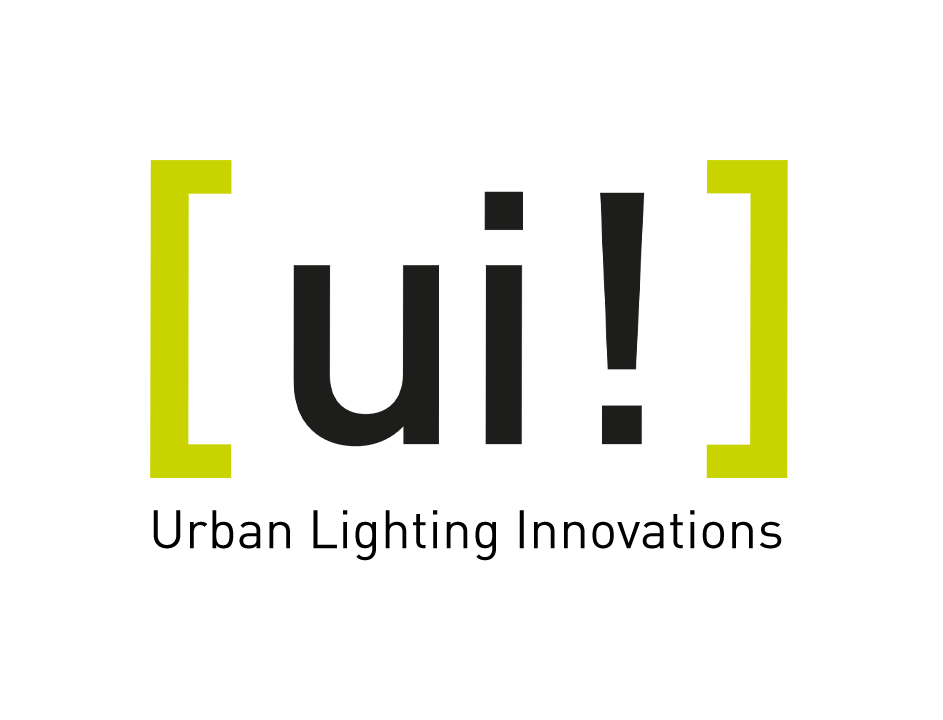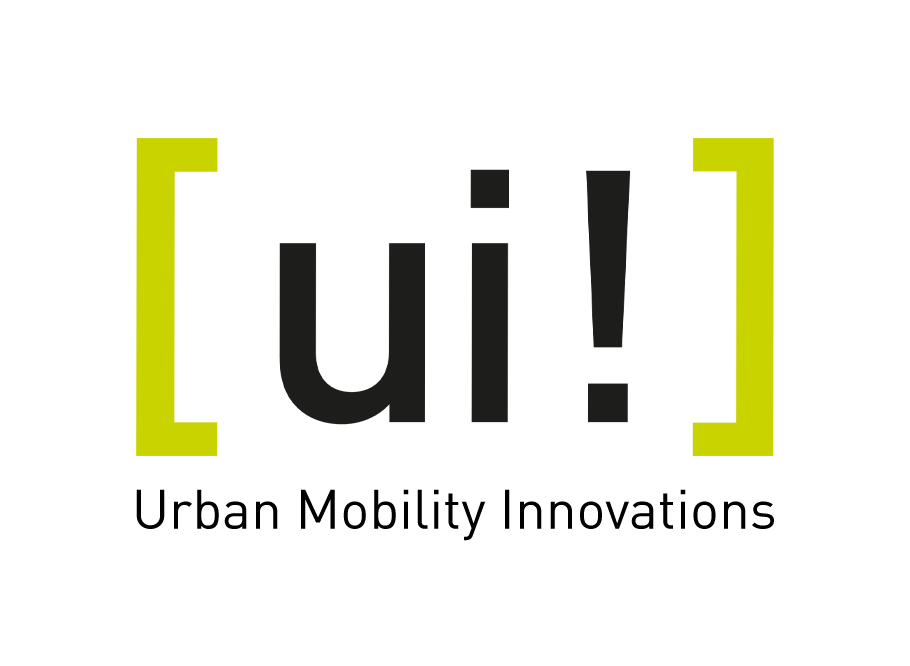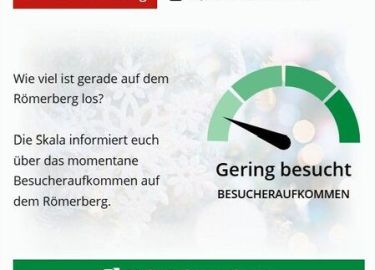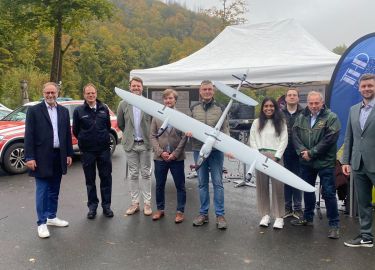Darmstadt presents a central data platform
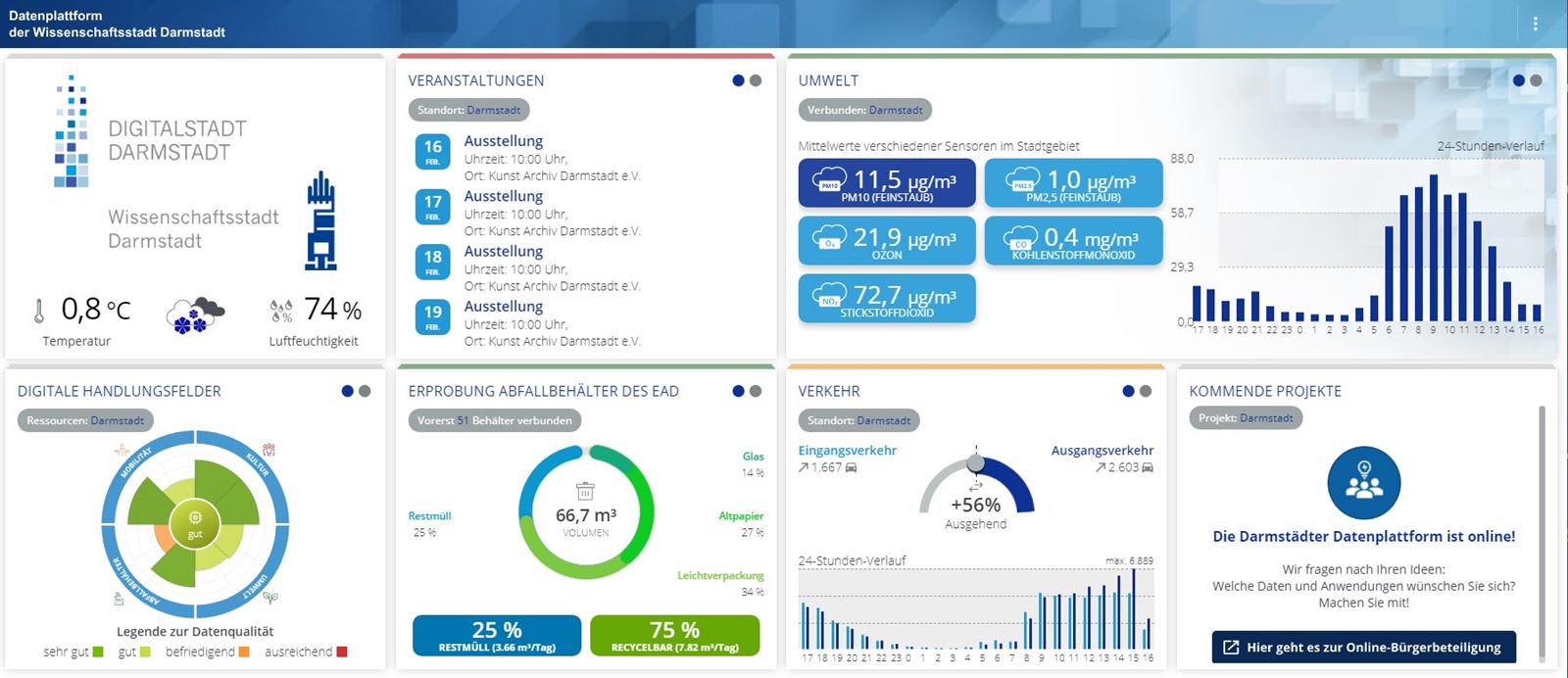
One of the first productive Open Urban Data Platforms nationwide was presented by Jochen Partsch, Lord Mayor of the City of Science Darmstadt, and Prof. Dr. Kristina Sinemus, Hessian Minister for Digital Strategy and Development.
The new data platform funded by the state of Hesse was presented to the public in a virtual press conference. At the beginning, Mayor Jochen Partsch emphasised the necessity of a central data platform as a basis for the digital development of Darmstadt towards a Smart City.
The aim should be to centrally analyse the data collected by sensors and other data sources and to make it available in an easily understandable form to citizens, the administration and specialist departments. Currently, data on the environment, traffic, rubbish bins and the zoo are being collected and visualised on a public COCKPIT. https://datenplattform.darmstadt.de.
The data, which is collected, analysed and reused in real-time, comes from a wide variety of IoT data sources and is centrally analysed, processed and currently passed on as a benefit to a COCKPIT for transparent and easy-to-understand presentation. This idea was already a central component in the winning bid for Germany's first digital city, which BITKOM initiated a few years ago.
Mayor Jochen Partsch emphasised that "the city of Darmstadt wants to take its digitalisation strategy into its own hands and develop it in a democratic, controlled manner. We don't want to leave digitalisation to others, rather we want to take on the challenge ourselves, proactively and politically. Now that the technical basis is in place with the central data platform, the next step is to start with citizen participation. They can use an online form to submit their suggestions for the further use of the data platform and thus participate in the digitalisation process of the city.
The Mayor concluded by thanking the Digital City of Darmstadt, ekom21 as consortium leader, the DARZ computer centre and [ui!] Urban Software Institute for their participation with [ui!] UrbanPulse and [ui!] COCKPIT for the funding from the state of Hesse and for the implementation.
Hesse's Digital Minister Prof. Dr. Kristina Sinemus was very pleased with the launch of the data platform, which she described as the heart of the lighthouse project. " The heart of the Digital City Darmstadt means developing application examples in the future that can also be transferred to other smart city communities. However, heart also means being very close to the citizens, because the benefit of digitalisation is a core element of the city of Darmstadt and the Digital Ministry, in order to motivate citizens to make digitalisation their own benefit as well - hence the Digital Ministry's motto: People at the centre."
The Digital Minister emphasised the need to bring citizens along to experience the benefits of digitalisation first hand. She also thanked all those who got the project off the ground and was pleased about the "FIRST DIGITAL CITY IN THE FEDERATION - FIRST PRODUCTIVE DATA PLATFORM IN THE FEDERATION - ONE OF THE FIRST DIGITAL MINISTRIES IN THE FEDERATION".
The Managing Director of the Digital City of Darmstadt, José David da Torre Suárez, explained the various possible uses and benefits of the central data platform to those virtually present at the conference. In addition to a public cockpit, a management cockpit with an extended overview as well as special specialised applications with more in-depth analyses and information are planned.
In the future, 14 different areas of the city of Darmstadt will make their data available for further use via the central data platform. Mr. da Torre emphasises: "The data platform meets the highest security standards. The data is properly separated from each other, access to the data can be controlled very precisely and great importance was attached to cyber security and thus access to the data from the outside."
He explained the central benefit of the data platform by gaining knowledge and insights from the various data and their evaluation. Thus, new insights can be gained into how traffic and the environment are exactly connected - e.g. at events or currently during Covid-19. Another important benefit is the transparency of data in order to contribute to an objectification of discussions, among other things. Thus, it is now possible to read not only environmental data from one data source, but the means of several sensor systems distributed across the city.
The applications now publicly available for traffic, environment and waste are the first important applications of the central data platform and are to be complemented by other useful applications in the future. All citizens are called upon to participate.
In conclusion, all participants once again emphasised their wish that as many citizens as possible participate in the survey for further benefits and hope that the experience gained from the use of the central data platform in Darmstadt can also be transferred to other cities and communities.




